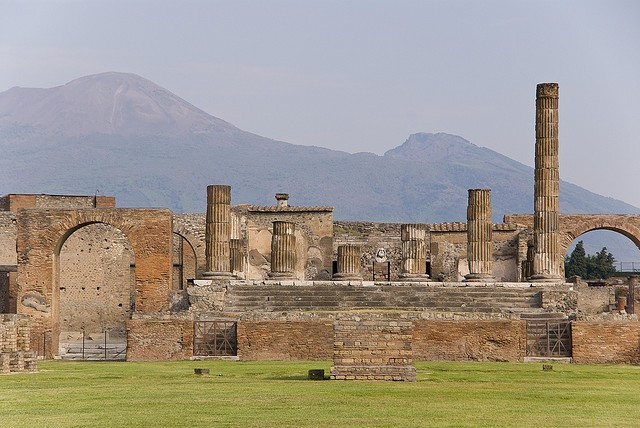Dental Plaque of Medieval Germans Provides 'Microbial Pompeii' of Bacteria

Dental plaque from 1,000 years ago has revealed how medieval Germans suffered from the same bacterial disease as humans today.
Scientists at the University of Oklahoma analysed the dental plaque from 1,000-year-old teeth that had been preserved from a human in the German Medieval population.
Their results showed the health and dietary information that had never before been discovered – that this population had disease causing bacteria very similar to that found in humans today.
Researchers said their finding came as a big surprise, as most would assume modern dental hygiene and health practices would lower the presence of bacteria found so long ago.
Published in the journal Nature Genetics, the team extracted DNA from the plaque and analysed the protein in the samples.
Enrico Cappellini, a senior researcher from the University of Copenhagen, said: "Through protein sequencing, we can reconstruct infection and immune processes. It is like excavating a battlefield archaeological site, just at a molecular scale."
Research leader Christina Warinner explained dental plaque is unique because it acts as a "long term reservoir of the oral microbiome" and as a trap for debris from diet and the environment.
"This allows us to investigate health and disease, as well as reconstruct aspects of an individual's life history and activities. Never before have we been able to retrieve so much information from one small sample."
The disease causing bacteria found in the Medieval samples affect around 13% of humans today, raising the question whether human behaviour resulted in the disease, rather than issues surrounding hygiene.
Matthew Collins, a researcher from the University of York, said: "The preservation of biomolecules in dental calculus is remarkable — a microbial Pompeii.
"As we learn more about the evolution of the oral microbiome, I can imagine a future in which most archaeologists regard calculus as more interesting than the teeth themselves."
Commenting on the research, Frank Rühli, director of the Centre for Evolutionary Medicine at the University of Zürich, said: "The study of ancient microbiomes helps us understand the evolutionary history of human health and disease. It informs modern medicine."
© Copyright IBTimes 2025. All rights reserved.





















